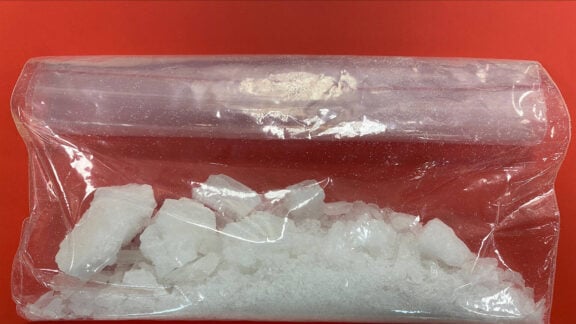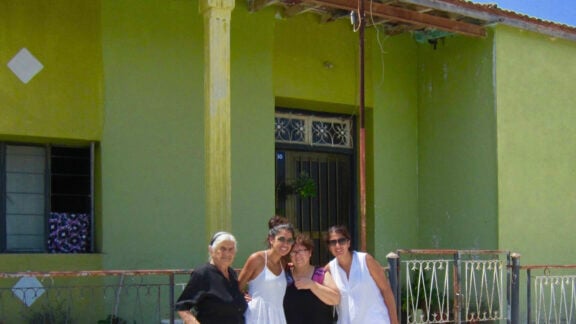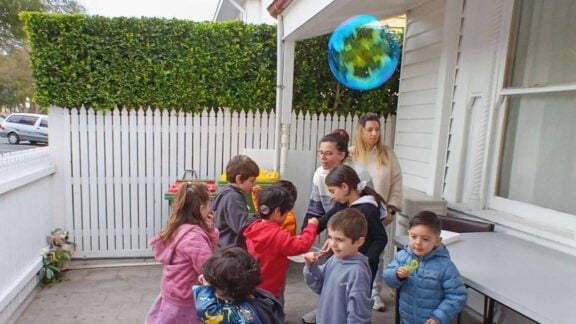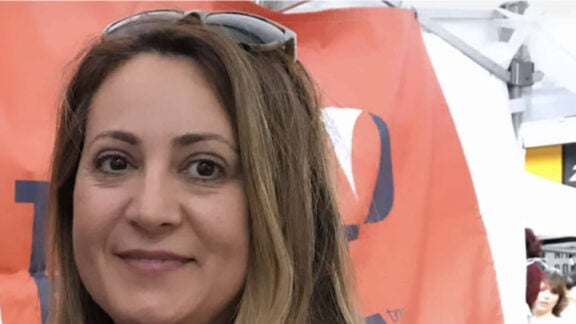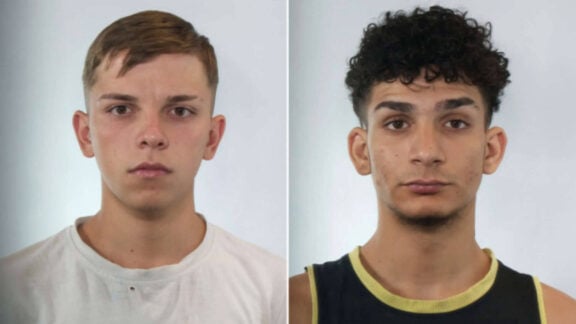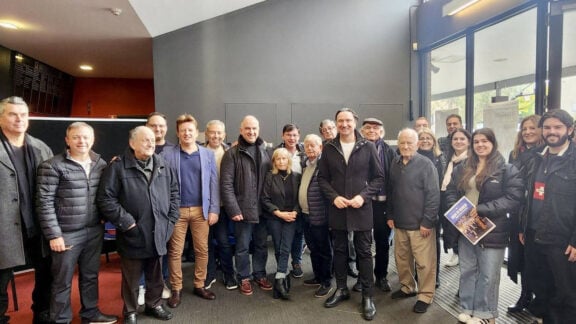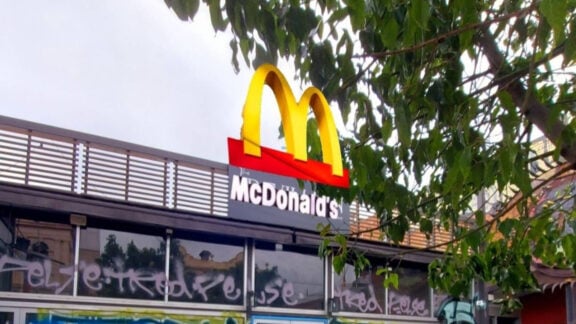Nearly thirty years on from his death, Andrew Petrelis’ parents are continuing their plea for an inquiry into how their son died while under witness protection of the Western Australia Police Force.
In 1995 Andrew Petrelis, then 25 years old, was in line to serve as star witness in a multi-million-dollar drug case but was found dead from an apparent heroin overdose just 108 days after agreeing to witness protection.
The case of his death was the subject of a recent Under Investigation program as they delved into the details that seemingly do not match the conclusions drawn at the time.
The report particularly raised questions surrounding the quality of care conducted by the WA Police Force through the witness protection program, which Petrelis’ parents hope is addressed in a fresh inquiry.
“We can’t bring Andrew back, we know that. But those people (the police officers), they have got to be held accountable,” Andrew’s father Nick told Liz Hayes on Under Investigation.
Nick and wife Lesley have battled for almost 30 years for their son’s death to be properly investigated and discover how he could have died so mysteriously despite being in witness protection.
“For crying out loud. Why are these people just able to walk away from it? Just laugh in our faces so much? In effect, that’s what they’re doing,” an angry Nick said.
The case of Andrew Petrelis
The story dates back to 1993 when Mr Petrelis was involved in the hiring of a secret storage unit for 13-tonnes worth of cannabis (valued at $40 million) being imported into Western Australia.
The Greek-Australian was caught for his involvement and subsequently agreed to become the star witness in a drug case but not before entering the witness protection program with WA Police.
Criminal lawyer and forensics expert Judith Fordham explained to Liz Hayes on UI that his knowledge was crucial to the case.
“They needed him and his evidence, and he was close enough that he could give firsthand information about actually witnessing things,” Fordham said.
The two alleged ringleaders in the drug case were Perth identities John Kizon and Michael Rippingale, who have always maintained their innocence and were both ultimately acquitted of the charges.
Petrelis was transported to a secret Queensland hideaway, though WA Police computers were accessed 44 times to determine his new witness protection name and address.
His case officer, Sergeant Allen Thompson, pleaded with his superiors to keep Petrelis safe in WA, revealing to UI that all of his witness protection details had been exposed before claiming that “Blind Freddy could see that this was set up to fail”.
Former head of the Australian Federal Police witness protection program Dr Philip Kowalick was shocked at the lack of proper preparation by WA Police in protecting their star witness.
“There should have been a whole process of planning, an advanced team going, finding a suitable location for him, getting things set up,” he told UI.
Remarkably, the report further explains Dr Kowalick’s disbelief that Petrelis’ parents were charged more than $50,000 for his protection.
“This is the first time I have ever heard of a family being charged the dollar value of providing protection. It has never to my knowledge happened before,” Kowalick said.
Petrelis’ witness protection in Queensland began in May 1995 wherein they were set up not in a prearranged safe house but rather a motel which had no protection.
Thompson, who was with Petrelis, said “the room was a trap” and that he himself had no weapons to protect the Greek-Australian star witness.
Thompson was ordered home just eight days after arriving in Queensland, leaving Petrelis, now using his supposedly secret name Andrew Parker, on his own.
He rented an apartment in the Sunshine Coast tourist town of Caloundra and began helicopter flying lessons, growing ever more fearful of discovery and murder on the daily.
He told his parents “If you find me dead I did not do it to myself … It will be a gun or a needle beside my body”, which his mother, Lesley Petrelis, told Liz Hayes of UI nearly made her pass out after hearing.
Petrelis was found dead in September 1995 almost exactly as he described just weeks before he was due to give crucial evidence in the massive drugs case, with a syringe near his hand and dying of a heroin overdose.
The Greek-Australian, who was a part-time heroin user, had apparently injected himself four times with the drug, two in each arm, something which baffles veteran NSW homicide detective Damian Loone.
“I have never seen a body in that position in the multiple hundreds of overdoses that I’ve investigated and have seen. Never in that position, ever,” Loone told Under Investigation in the report.
“Now, allegedly, he’s got four shots of heroin, two in each arm…I’ve never known anyone to die of four shots in one hit. Four shots, to me, that’s … three too many.”
The four members of UI’s expert panel concluded that Petrelis’ death from “opiate toxicity” was more likely to have been by murder than by self-administration as was found in the coronial inquest.
The coroner found no evidence to suggest alleged ringleaders Kizon and Rippingale were involved, and the pair have always denied involvement in Petrelis’ death.
Thompson reiterated his belief that foul play was involved, saying “I spoke to him every day for 108 days. There is no doubt whatsoever. He was murdered”.
UI’s panel of experts agreed that a fresh, independent inquiry is needed to solve this case, which was echoed by Judith Fordham as she said:
“This needs to be looked at again by some form of commission that has power to compel people to come and testify, to get to the bottom of what happened.”
The sincere hope from Andrew’s grieving parents is illustrated in his mother’s statement to Liz Hayes: “I just want my son to be able to rest in peace”.

